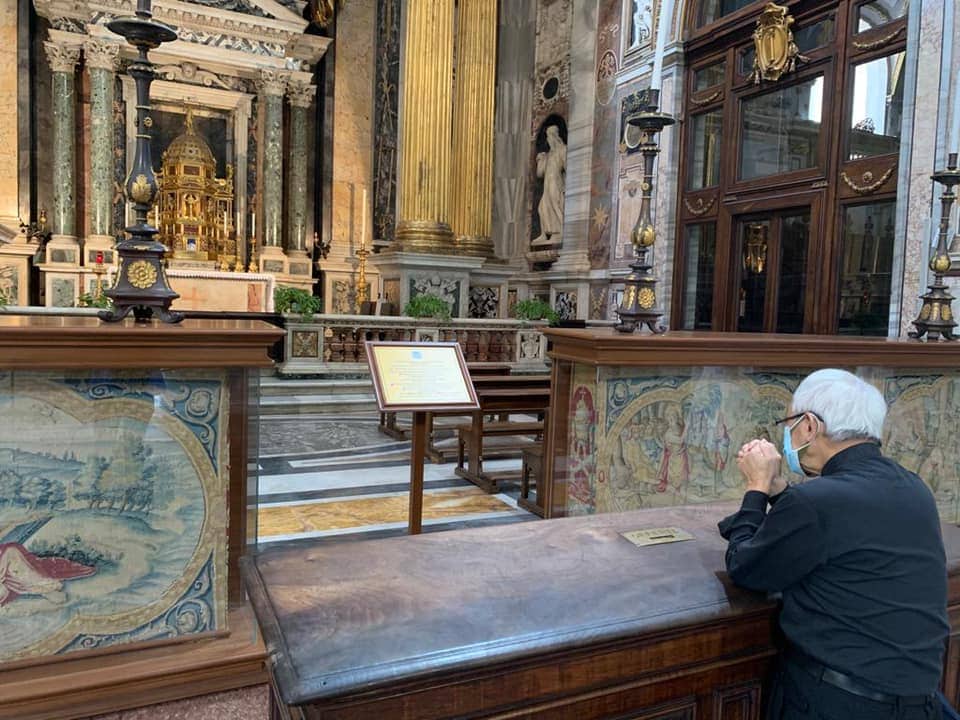
In late January, Nina Shea, Senior Fellow and Director, Center for Religious Freedom at the Hudson Institute wrote that a series of four articles denouncing Cardinal Joseph Zen of Hong Kong had been released by the newspaper Ta Kung Pao, a publication controlled by the Hong Kong liaison office of China’s central government. In these articles, Zen is accused of associating with, among others, the entrepreneur Jimmy Lai, a devout Catholic and member of the pro-democratic movement who is currently serving a 14-month prison term on accusations of inciting riots. The articles draw parallels between Cardinal Zen and the practitioners of Falun Gong, which the CCP has vowed to eliminate, and they assert that many Hong Kong protesters had studied at Christian schools. Subsequently, the articles plead for those schools to come under government control.
Another proposition expressed in these articles is the extension of China’s Temple Ordinance to cover churches as well, a move welcomed by Anglican Secretary General in the pro-Beijing legislature of Hong Kong Reverend Peter Koon, who was sworn in as a lawmaker a few weeks earlier on January 3rd.
Since 1928, the Chinese Temple Ordinance has mandated a regime of government registration, management, control, inspection, audit, and other controls over Buddhist and Taoist monasteries. Lawrence Ma, chairman of the executive council of the Hong Kong Legal Exchange Foundation, strongly supports the foundation of a new government bureau and the application of the ordinance to churches, since according to him Christianity teaches, among other things, that “violating civil law is not always a sin per se.”
Contrary to mainland China, churches in Hong Kong have so far been relatively independent, but this might change now. Cardinal Zen has been a vocal critic of President Xi’s sinicization process, the “indigenization of religious faith, practice, and ritual in Chinese culture and society.” In 2018, he openly warned that the Sino-Vatican agreement would consolidate control of the CCP over the underground Catholic Church, effectively “killing” the Church in the process. The removal of two underground bishops by Pope Francis in order to replace them with prelates approved by the Chinese government has earned the Pope harsh criticism by Cardinal Zen, who accused the church of “selling out.”
Benedict Rogers of Hong Kong Watch speculated on February 6th that a potential establishment of formal diplomatic relations between the Vatican and China might be in the works, a step he would consider “totally unacceptable.” He also expressed his fear that the sinicization process of the Christian organizations of Hong Kong will force them into the state-controlled United Front Work Department, much in the same way mainland organizations went, such as the Three-Self Patriotic Movement for Protestants and the Catholic Patriotic Association for Catholics. This process would effectively end religious freedom in Hong Kong.
According to the last article in Ta Kung Pao, the Home Affairs Bureau of the Hong Kong Special Administrative Region is currently reviewing the Chinese Temple Ordinance. Rogers isn’t hopeful of the outcome. “When Beijing wants to signal its intentions,” the human rights activist says, “it has a habit of firing a warning shot via its media outlets first.”
In the wake of the joint statement by Russia and China that we reported last week, in which Russia declared not only its support of China’s One-China-policy, but in which both sides stressed their rejection of “color revolutions” initiated by foreign powers, an upcoming crackdown on pro-democratic members of the Christian Church seems rather likely. While international Chinese publications haven’t covered the recent developments in Hong Kong yet, the Global Times named Cardinal Zen in 2019, alongside activists such as Jimmy Lai and Martin Lee, as traitors, and accused them of inciting a “color revolution.”
